South Asia has 14 percent of the world’s refugee population and is the principal source and host of refugees. The causes behind the displacement –political instability armed conflict, lack of resources and so on in South Asia and its immediate neighborhood have not declined but, in fact, have not declined but, in fact, have been increasing; and the security threats posed by the refugees and internally displaced persons (IDPs0 is set to increase given the lack of resources and poor governance prevalent in the region. prevalent in the region. Yet, none of the countries in South Asia have signed any major convention or treaty at the international level in regard to refugees; nor have they any national legislation or regional framework to deal with these issues. A comprehensive study focusing on the various dimensions of displacement in South Asia including refugees, migrants, stateless persons and Internally Displaced Persons (IDPs) was felt imperative by the Institute of Peace and Conflict Studies. Acknowledging non-traditional sources of insecurity as being the cornerstone of human insecurity, the IPCS had commenced to focus on a range of non-military threats to security including Drug Trafficking, Terrorism, Refugees, Organized Crime, Governance and Environmental Issues. The current volume with specific focus on migration and displacement is a small step in that direction.
Missing Boundaries
$18.00
$20.00
In stock
Free & Quick Delivery Worldwide
All orders amounting to US$ 50 or more qualify for Free Delivery Worldwide. For orders less than US$ 50, we offer Standard Delivery at $14 per book.
ABOUT THE AUTHOR D Suba Chandran
D. Suba Chandran is Assistant Director at the Institute of Peace and Conflict Studies (IPCS), New Delhi. He works on Kashmir, Pakistan, Indo-Pak relations and Suicide Terrorism and his recent publications include: "India and Armed Non-state Actors in the Kashmir Conflict," in WPS Sidhu et al, ed., Kashmir: New Voices, New Approaches (Boulder: Lynne Rienner, 2006) pp. 80-107; "Pakistan's Endgame in Kashmir: India's Options," Indian Foreign Affairs Journal, Vol. 1, No. 3, July-September 2006, pp. 85-103; Limited War: Revisitinjg Kargil in Indo-Pak Conflict (New Delhi: India Research Press, 2005); and Indo-Pak Conflicts: Ripe to Resolve? (New Delhi: Manohar Publishers, 2005) (Co-authored).
ABOUT THE AUTHOR Mallika Joseph
Mallika Joseph is Assistant Director at the Institute of Peace and Conflict Studies, New Delhi. Her research interests include landmines and IEDs, Naxalites, transnational crime and Interpol and has authored works on landmines and IEDs in South Asia.
ABOUT THE AUTHOR P.R. Chari
P.R. Chari, former member of the Indian Administrative Services, has held several important positions including Additional Secretary, Ministry off Defence and Director, Institute of Defence Studies and Analyses. He was International Fellow, Centre for International Affairs, Harvard University, and is currently Director of the Institute of Peace and Conflict Studies (IPCS). He has worked extensively on nuclear disarmament, non-proliferation and Indian defence issues and is the author of many distinguished publications.
reviews
0 in total
Review by Anonymous
Be the first to review “Missing Boundaries” Cancel reply
You must be logged in to post a review.
Bibliographic information
Title
Missing Boundaries
Author
Edition
1st ed.
Publisher
ISBN
8173045038
Length
221p., Tables; Notes; Index; 23cm.
Subjects
more by D Suba Chandran see more
Armed Conflict, Peace Audit and Early Warning 2014: Stability and Instability in South Asia
This book seeks to examine ...
$56.70
$63.00
more by Mallika Joseph see more
Demography in South Asia and Implications for Regional and Global Political Narratives
Population growth patterns ...
$49.50
$55.00
India’s Economic Growth: Opportunities and Challenges for the Region
Since adopting liberal ...
$41.40
$46.00
more by P.R. Chari see more
Armed Conflict, Peace Audit and Early Warning 2014: Stability and Instability in South Asia
This book seeks to examine ...
$56.70
$63.00
Armed Conflicts in South Asia 2011: The Promise and Threat of Transformation
This volume, fifth in the ...
$45.00
$50.00
Armed Conflicts in South Asia 2010: Growing Left-wing Extremism and Religious Violence
This book examines the major ...
$39.60
$44.00
similar bookssee more
Elementary Education and Literary: The Northwest India Experience
Why, despite repeated ...
$60.30
$67.00

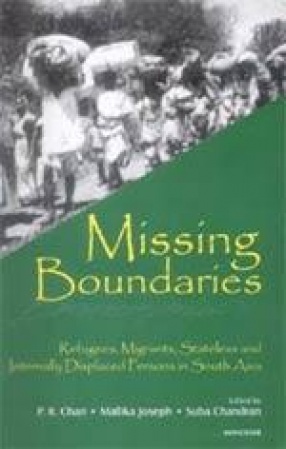
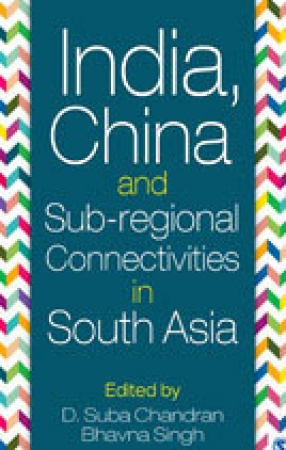
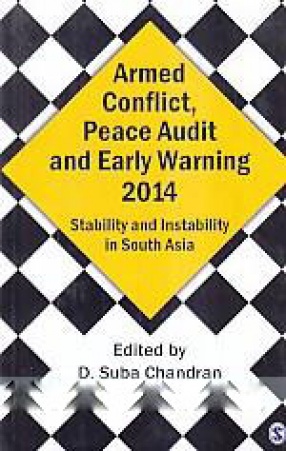
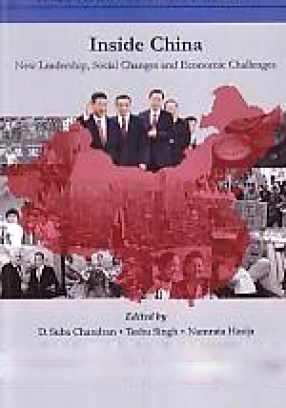
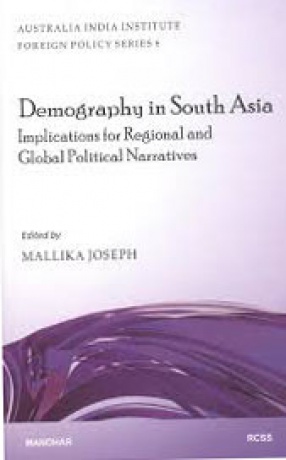
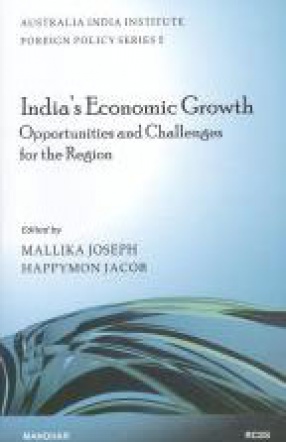

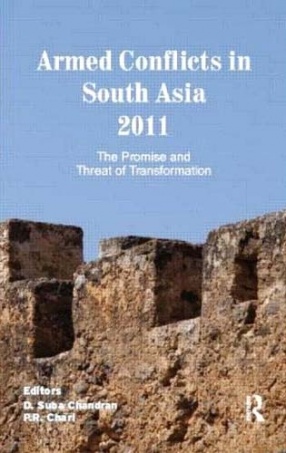
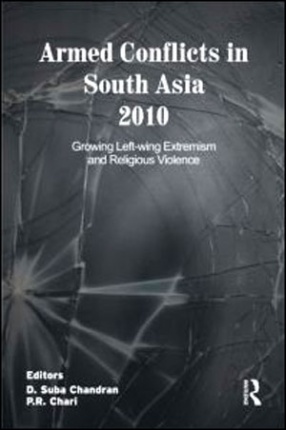
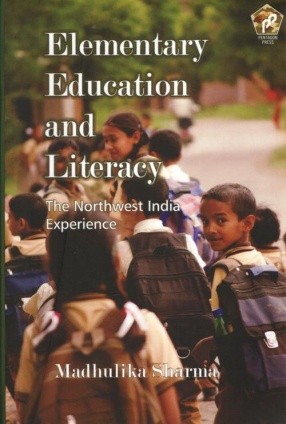
There are no reviews yet.